How increased charitable giving can improve your bottom line
Liberating your wealth is achieved with a multifaceted financial plan. Charitable giving is a huge pillar of our Centura Wealth’s mission. Charitable giving is a win-win scenario for everyone. You get to invest in an important cause while improving your bottom line.
Recently, the IRS also put a temporary suspension of limits on charitable contributions (which is typically 60 percent). This means a greater opportunity for you to enhance your charitable giving contributions.
Here are a few things you should know as you start incorporating charitable giving into your financial plan.
The Logistics
The first rule of thumb to follow is to always keep records of charitable giving for the tax year. And be warned, there are many forms to fill out.
Keep in mind there are restrictions as to what classifies a charity. There is a list of charitable organizations provided by the IRS as a guideline for individuals, families, and institutions in regards to the CARES act:
- “A state or United States possession (or political subdivision thereof), or the United States or the District of Columbia, if made exclusively for public purposes;
- A community chest, corporation, trust, fund, or foundation, organized or created in the United States or its possessions, or under the laws of the United States, any state, the District of Columbia or any possession of the United States, and organized and operated exclusively for charitable, religious, educational, scientific, or literary purposes, or for the prevention of cruelty to children or animals;
- A church, synagogue, or other religious organization;
- A war veterans’ organization or its post, auxiliary, trust, or foundation organized in the United States or its possessions;
- A nonprofit volunteer fire company;
- A civil defense organization created under federal, state, or local law (this includes unreimbursed expenses of civil defense volunteers that are directly connected with and solely attributable to their volunteer services);
- A domestic fraternal society, operating under the lodge system, but only if the contribution is to be used exclusively for charitable purposes;
- A nonprofit cemetery company if the funds are irrevocably dedicated to the perpetual care of the cemetery as a whole and not a particular lot or mausoleum crypt.”
The IRS has laid out requirements for charitable giving. For each noncash contribution that is more than $500, you have to fill out a 8283 Noncash Charitable Contributions form.
Gifts
For tax years after 2018-2025, an individual donor may deduct up to 60% of the donor’s contribution base for gifts of cash (and only cash) to a public charity. To qualify, these gifts must be “to” the public charity, not “for the use of.” The gifts can be subcategorized into short-term or long-term cash flow.
The Bottom Line
If you keep all of your records of charitable contributions, at the end of the year your bottom line will be improved. Today’s low-interest-rate environment affords many charitable planning opportunities that many advisors and donors have never even considered.
While the new 60% limitation may grab headlines, it is limited in its applicability and caution must be paid for donors looking to utilize the 60% limitation in their planning. For example, charitable contribution deductions from prior years, as well as other forms of giving (e.g., household goods, clothing, stocks, bonds, etc.) could void qualification for the 60% limit on cash donations to public charities and reduce it to 50% instead.
Contact our team at Centura Wealth Advisory so we can work with your tax professional to start incorporating charitable contributions into your financial planning.
Centura Wealth does not make any representations as to the accuracy, timeliness, suitability or completeness of any information prepared by any unaffiliated third party, whether linked to or incorporated herein. All such information is provided solely for convenience purposes and all users thereof should be guided accordingly.
We are neither your attorneys nor your accountants and no portion of this material should be interpreted by you as legal, accounting or tax advice. We recommend that you seek the advice of a qualified attorney and accountant.
For additional information about Centura, please request our disclosure brochure as set forth on Form ADV using the contact information set forth herein, or refer to the Investment Adviser Public Disclosure website (www.adviserinfo.sec.gov). Please read the disclosure statement carefully before you engage our firm for advisory services.



